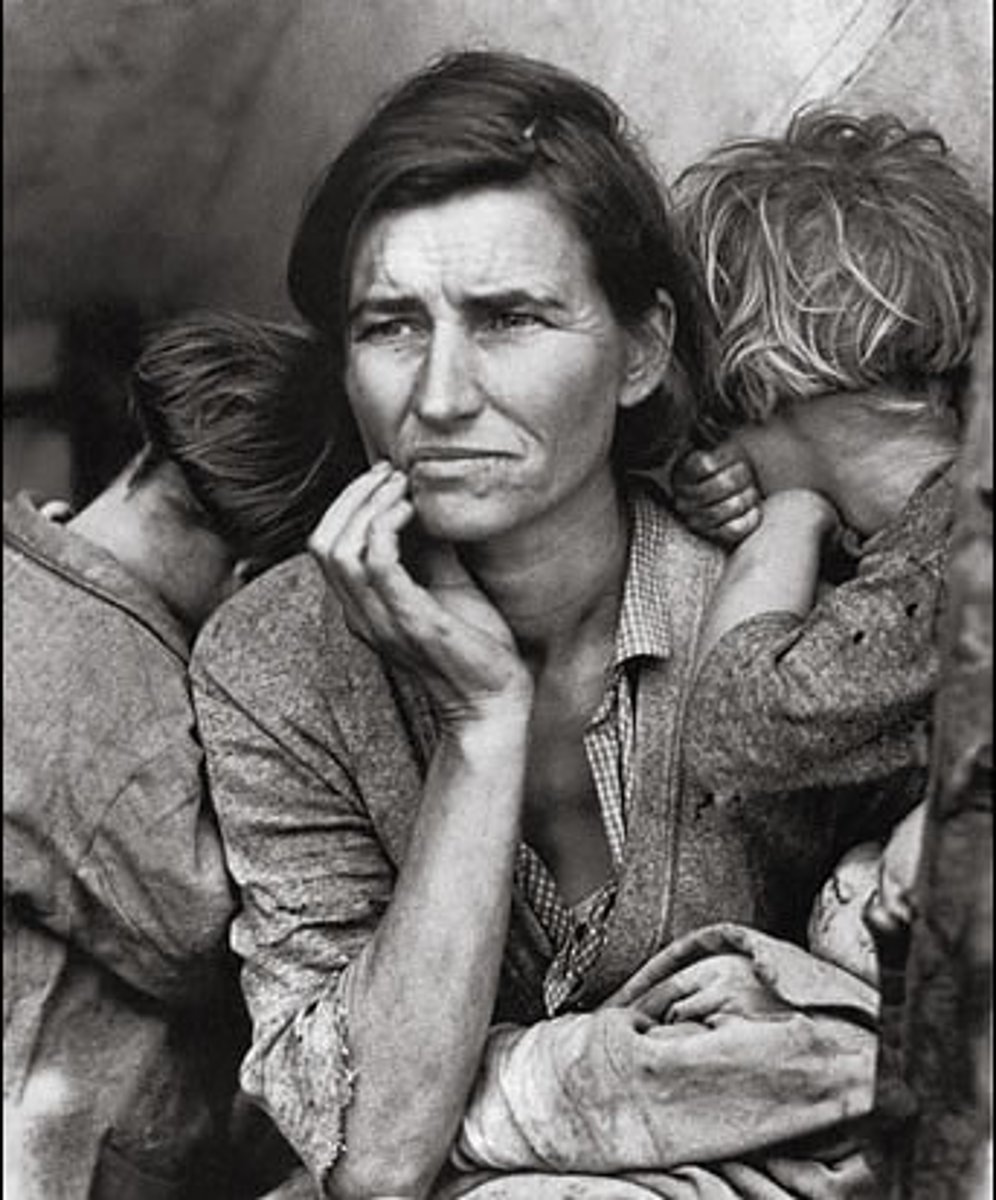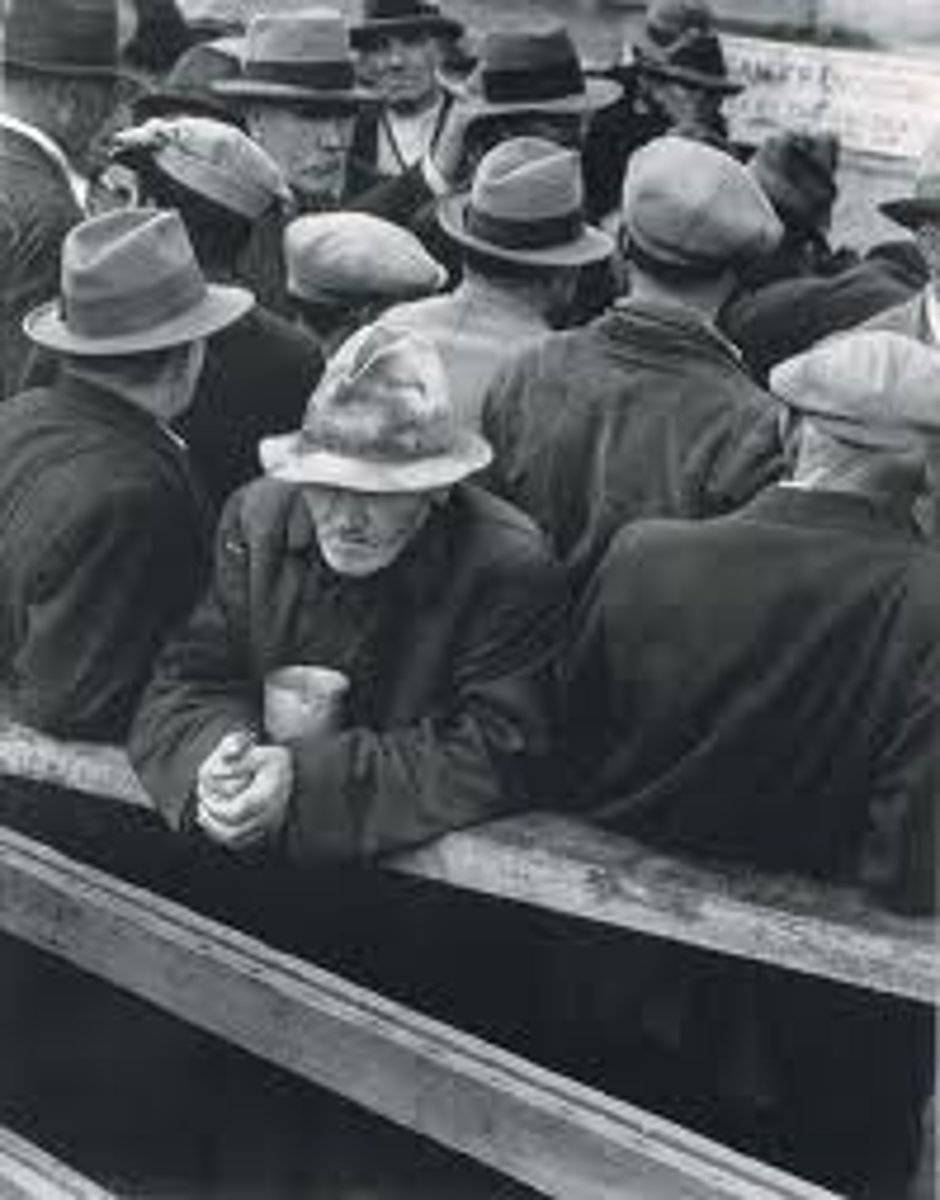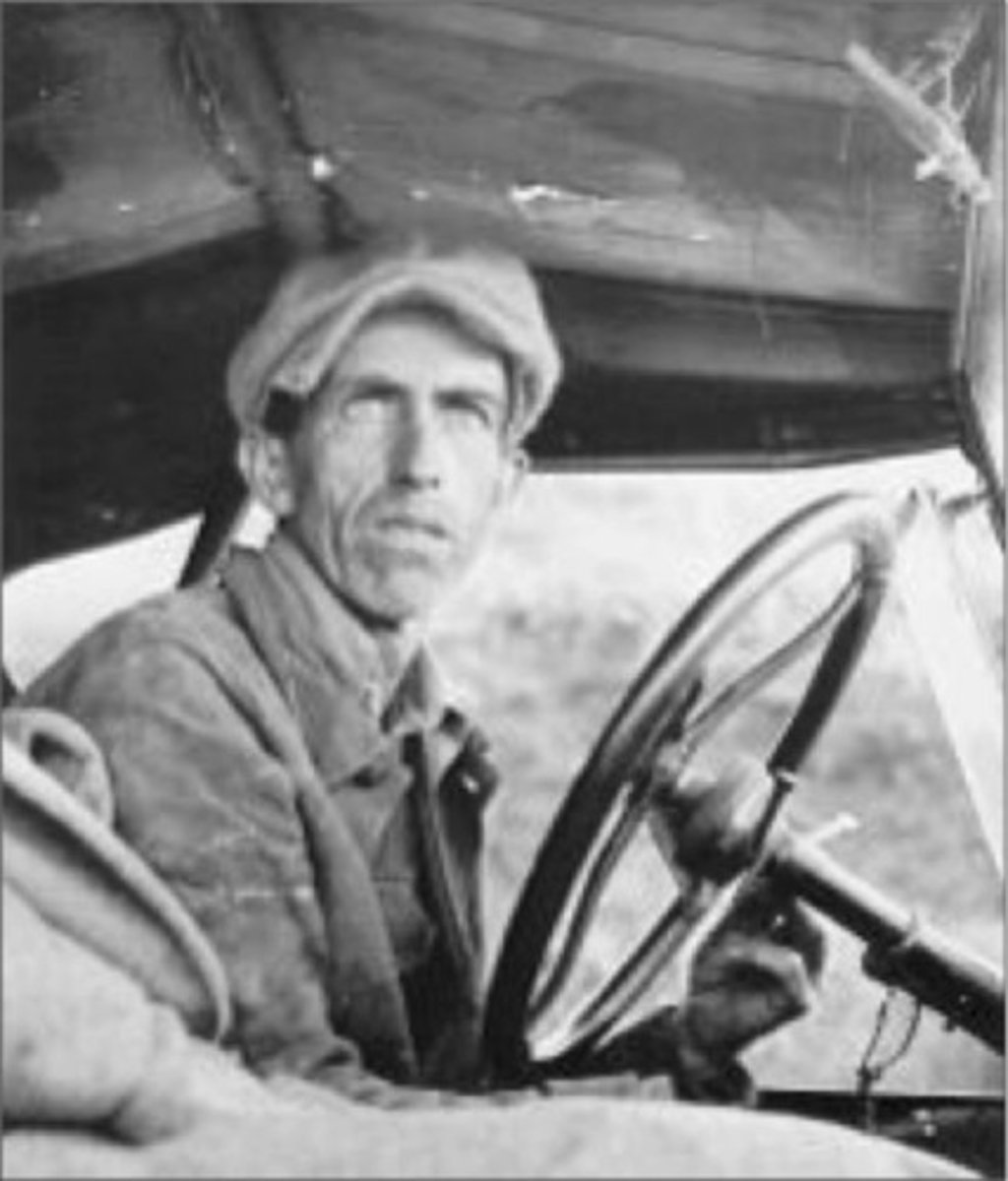The final exam of the second quarter
1/173
Earn XP
Description and Tags
Want to get 100% on Mr. Wheeler's Final Exam? Well this is the set for you! Absolutely annhilate the test using this study guide and make Mr. Wheeler proud of you.
Name | Mastery | Learn | Test | Matching | Spaced | Call with Kai |
|---|
No analytics yet
Send a link to your students to track their progress
174 Terms
W.E.B. Du Bois
Leader of the NAACP
Marcus Garvey
Leader of the Universal Negro Improvement Association.
Ohio Gang
Group of Harding's cronies - not the most trustworthy bunch of guys.
John Scopes
Arrested and convicted for teaching evolution in a Tennessee High School.
Calvin Coolidge
Became President after Harding's sudden death in 1923. Considered the perfect man to follow Harding. He believed that the business of America was business.
Warren G. Harding
He was selected as the Republican candidate in 1920; Scandals followed by an untimely death rocked his presidency.
Charles Lindbergh
Former airmail pilot, in 1927 while flying in his plane "The Spirit of St. Louis", he became the first to fly non-stop from New York to Paris.
Franklin Roosevelt
His presidency offered a New Deal for the American People
Langston Hughes
He was an American poet, social activist, novelist, playwright, and columnist. He was one of the earliest innovators of the then-new literary art form called jazz poetry.
Andrew Mellon
Served as Secretary of the Treasury under Harding and Coolidge.
Henry Ford
Revolutionized the automobile industry, making the auto affordable to all Americans.
F. Scott Fitzgerald
He was an American author of novels and short stories, whose works are the paradigmatic writings of the Jazz Age. He is widely regarded as one of the greatest American writers of the 20th century.
Eleanor Roosevelt
As First Lady she put a human face on the New Deal.
Al Jolson
Starred in The Jazz Singer.
John Maynard Keynes
English economist who argued that if FDR would have spent an additional $12-15 Billion in the early 1930s, he would have ended the Depression much sooner.
Herbert Hoover
His campaign in 1928 promised a "chicken in every pot, and a car in every garage." Unfortunately for him, he was president at the time of the crash.
Walter Watters
The leader of the Bonus Army.
Douglas MacArthur
He was the military commander who escalated the violence to remove the Bonus Army. In one instance, he ignored direct orders from the president.
A. Mitchell Palmer
Attorney General who led the raids trying to uncover a communist plot to overthrow the government...raids yielded little evidence to support his claims.
Dorothea Lange
She was paid by the government to take pictures of those negatively impacted by the Great Depression.
Sacco and Venzetti
At the time, they were victims of the paranoia associated with the Red Scare in America.
Ku Klux Klan
Social terrorist group that saw a boom in membership during the early 1920s, not just in the South; became much more political than they were originally.
Election of 1920
Won by Republican Warren G. Harding...he brought about a return to "normalcy".
Hoovervilles
These were shantytowns where many unemployed/homeless ended up during the depression.
Five Power Pact
This pact dealt with the reduction in size for all the navies involved. It set up a ratio system where the US and UK were at the top with a 5:5 ratio. Japan's military will not be happy with their 5:3 ratio.
Agriculture Adjustment Admin
Paid farmers to reduce crops; funded by a tax on food processors; later declared unconstitutional.
Federal Housing Administration
Insured bank loans for building and repairing houses.
KDKA
The first commercial radio station in the US, it began broadcasting in 1920, revolutionizing entertainment.
The Jazz Singer
The first movie to utilize the new sound technology, making it the first "talkie."
Rural Electric Administration
Provided electricity to rural areas lacking public utilities.
Security and Exchange Commission
Regulated the securities market.
Federal Deposit Insurance Corp
Insured individual bank deposits up to $5,000.
Jazz
The musical style that originated in the South; was a blend of West African and Latin American Rhythms - helped define '20s. You can come to the Sliva Auditorium on Tuesday night to listen to a concert of this type of music.
Fire Side Chats
FDR's method of communicating to the masses - calmed as well as informed Americans of his plans.
Civilian Conservation Corps
Employed young men ages 18-25 on public works projects.
Margin Buying
When people would borrow money in order to purchase stocks.
The Three R's of the New Deal
Relief, Recovery, and Reform
Trickle Down Economics
Name utilized over the years to refer to the economic practice of cutting taxes on the wealthy, allowing them to use their wealth to stimulate the economy...creating jobs for the lower classes.
National Industrial Recovery Act
Established the NRA and PWA; later declared unconstitutional. Codes for fair practices, price ceilings, and working conditions.
Tennessee Valley Authority
Constructed dams and power plants to improve social and economic welfare of the region.
Bonus Army
A group of WWI veterans , led by Walter Watters, that marched on the U.S. Capital demanding early payment of their government pension.
Prohibition
The period of US History when alcohol was outlawed. It was meant to be a new birth of morality in America. Unfortunately, it was just the opposite.
Speakeasies
A good place to go to get adult beverages during prohibition - if they would let you in.
Red Scare
The fear that communism was going to overthrow our government.
Stock Pools
Groups of investors go together to buy a stock, driving the price up, then sell out at the same time.
New Deal
The policy agenda set out by FDR to combat the Great Depression.
Flappers
Symbol of the new found female independence of the 1920s.
Dust Bowl
Area from Rockies to Mississippi Valley plagued by drought in the 1920s.
Migrant Mother

White Angel Breadline

Ditched, Stalled, and Stranded

Laissez-faire
Idea that government should play as small a role as possible in economic affairs.
Alexander Graham Bell
Invented the telephone
Why were children sent to work in factories?
families desperately needed money; factory owners preferred children because they could pay them less.
Differences between socialism and capitalism?
Under capitalism, individuals own property & control industry; whereas under socialism, the government or society does.
What were the factors of production?
land, labor, capital
How did Louis Pasteur impact society during the Industrial Revolution?
began pasteurizing milk to kill bacteria
What are interchangeable parts?
Identical pieces that could be assembled quickly by unskilled workers
Where did many of Great Britain's raw materials come from?
Their colonies
How was production organized before factories?
in small cottage industries; a family worked together to produce goods such as cloth or barrels.
How did steam power impact the Industrial Revolution?
British inventors harnessed the force of steam to drive engines.
What is communism?
a political theory derived from Karl Marx, advocating class war and leading to a society in which all property is publicly owned and each person works and is paid according to their abilities and needs.
Richard Arkwright
English inventor and entrepreneur who became the wealthiest and most successful textile manufacturer of the first Industrial Revolution. He invented the water frame, a machine that, with minimal human supervision, could spin several threads at once.
the factory
A large building in which machinery is used to manufacture goods
What hardships were part of factory work?
Dangerous conditions, long work days, noise, lack of ventilation, poor sanitation, inadequate food.
cottage industry
a business or manufacturing activity carried on in a person's home.
How did industrialization cause a revolution in production of textiles?
New devices allowed faster and less labor-intensive production of cloth.
Why did the Industrial Revolution begin in Great Britain?
Colonies provided raw materials, political stability encouraged commerce, powerful navy defended shipping
What is an entrepreneur?
A risk taker who starts a new business within the economic system of capitalism.
What is socialism?
the economic system in which the people control production and distribution through the government and then the people share the profits. Under this, everything and everyone was equal.
Why was Thomas Edison such an important part of the Industrial Revolution?
Inventor of the light-bulb, phonograph, and over 1090 other items...most dealing with electricity.
What British colonies were discussed in this unit?
Australia, Canada, Australia, and New Zealand
What did mid-level and regular employees have in common?
both worked for someone else and their jobs depended on production.
How did the Industrial Revolution impact society?
growth of new industries, working class women in factories and other jobs, migration of job-seekers to cities, pollution...
What was the Industrial Revolution?
A period of rapid growth and improvements in industrial technology, like the invention of steam engines and mass production.
What happened after a merchant dropped off wool at a weaver's cottage?
Family hand spun the fiber into thread, wove threads into cloth; the merchant would pick up the cloth and go to market.
Queen Victoria
Queen of Great Britain and Ireland from 1837-1901.
Benjamin Disraeli
A British politician who extended the vote to the rich middle class in order to broaden the political base of the conservative party
suffrage
the right to vote
Reform Act of 1832 (Britain)
Gave industrial cities representatives in Parliament; gave the vote to middle-class men, reducing the power of the aristocracy.
Louis XVIII (18)
As King of France, he accepted a constitution in 1814 and agreed to share authority with a chamber of deputies, elected from among the wealthier citizens, and a chamber of peers made up of nobles. He reigned until 1824
The July Revolution
The Revolution of 1830...three days of rioting led to the overthrow of the king.
Napoleon III
Ruled France through his ministries, ignored the legislature, censored the press, and imposed strict limits on free speech at the universities.
Alfred Dreyfus
A Jewish military captain in the French Army, he was falsely accused of treason, and his affair split France apart
Citizen King
Louis Philippe...he wore pants!
Otto von Bismarck
German statesman under whose leadership Germany was united...the architect of modern Germany.
Franco-Prussian War
This was a major war between the French and the Germans in 1871 that brought about the unification of Germany. Causing a growing rivalry between France and Germany.
What were the four factors that led to the outbreak of WWI?
Nationalism, Imperialism, Militarism, the Alliance System
Nationalism
pride in one's country. desire to unite common ethnic groups under one government.
Imperialism
nations seeking territorial expansion in search of raw materials and new economic markets
Militarism
willingness to use force, or the threat of force, as a tool of diplomacy.
Triple Alliance
An alliance between Germany, Italy, and Austria-Hungary in the late 1800s.
Triple Entente
An alliance between France, England, and Russia prior to WWI.
Franz Ferdinand
Heir to the throne of Austria-Hungary...his assassination led to the start of WWI.
Gavrilo Princip
Serbian nationalist; he assassinated the Archduke of Austria, essentially starting WWI.
neutral
In a war; not aiding either side.
Central Powers
The alliance between Germany, Austria-Hungary and the Ottomans during WWI
Allied Powers
The alliance formed by Great Britain, France, and Russia during WWI.
trench warfare
A form of combat in which soldiers dug trenches, to seek protection from enemy fire and to defend their position.
total war
A war that requires the use of all a society's resources.